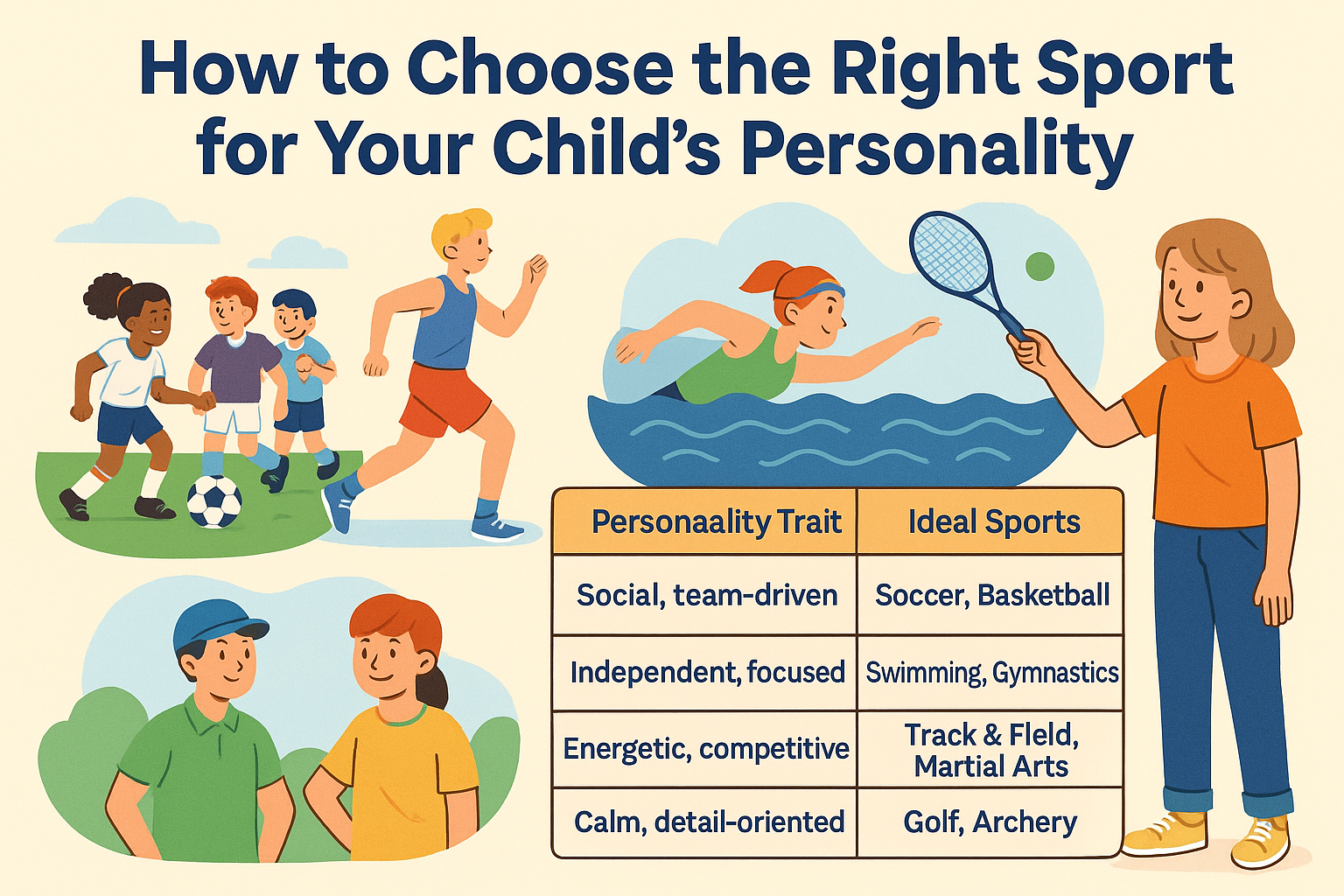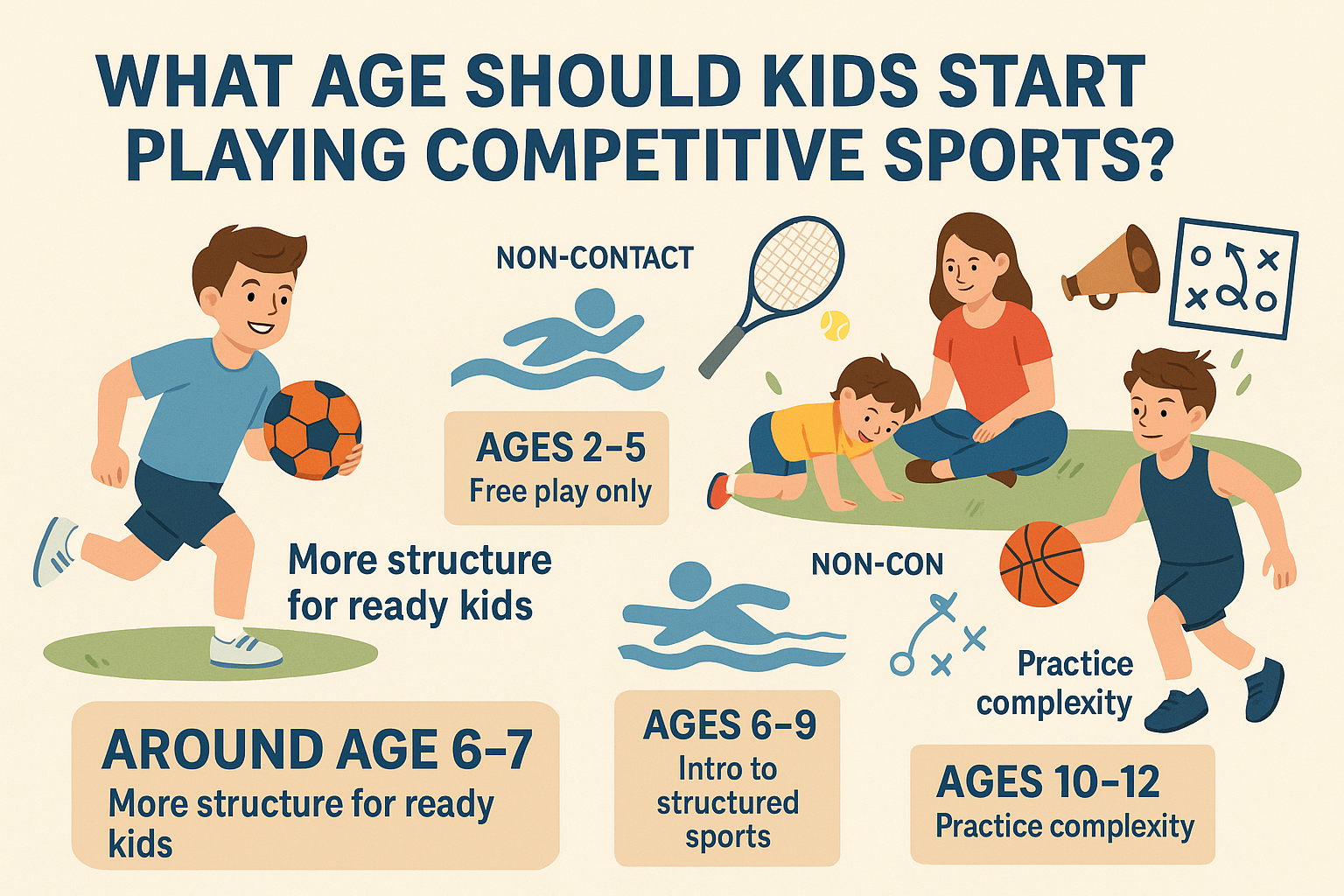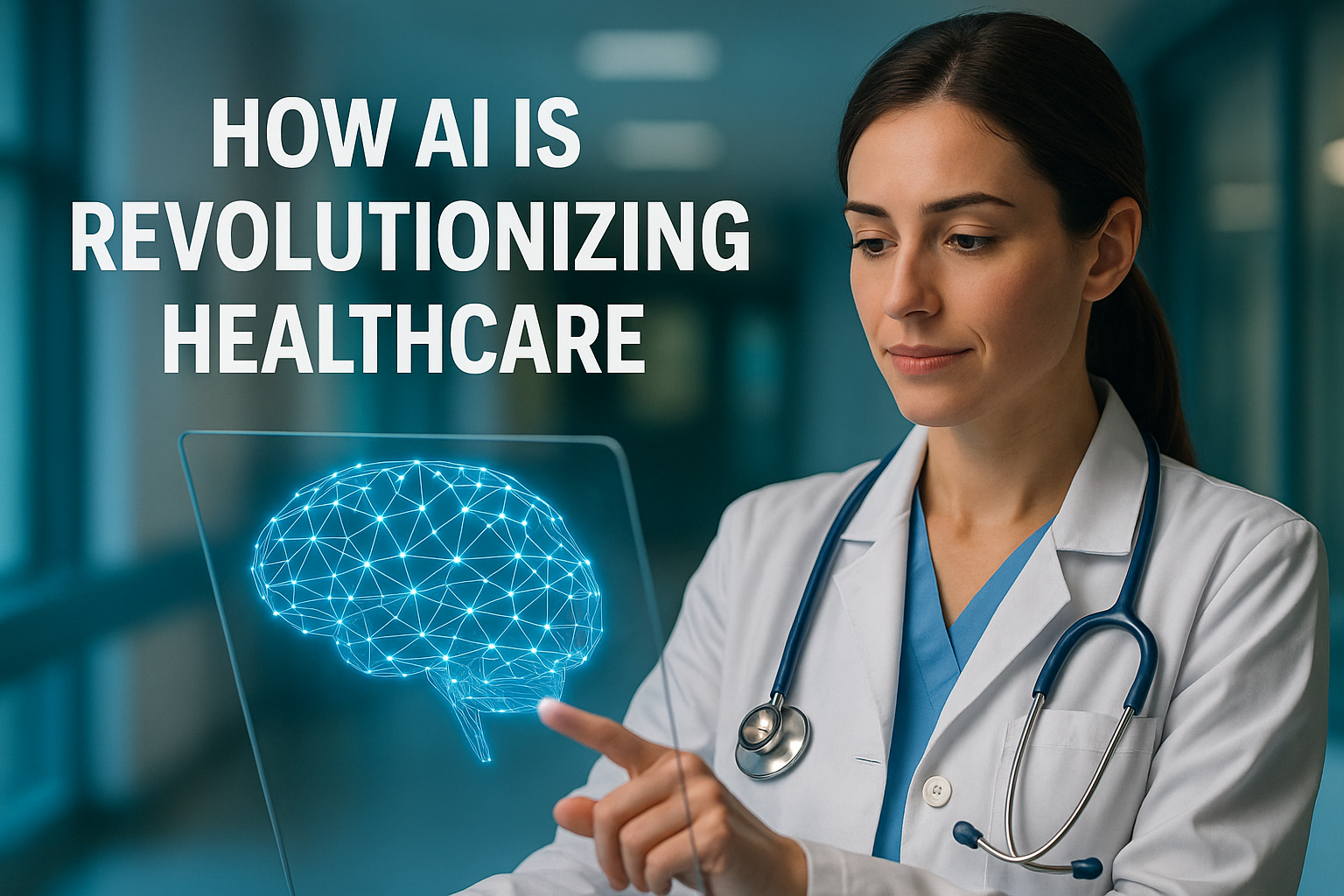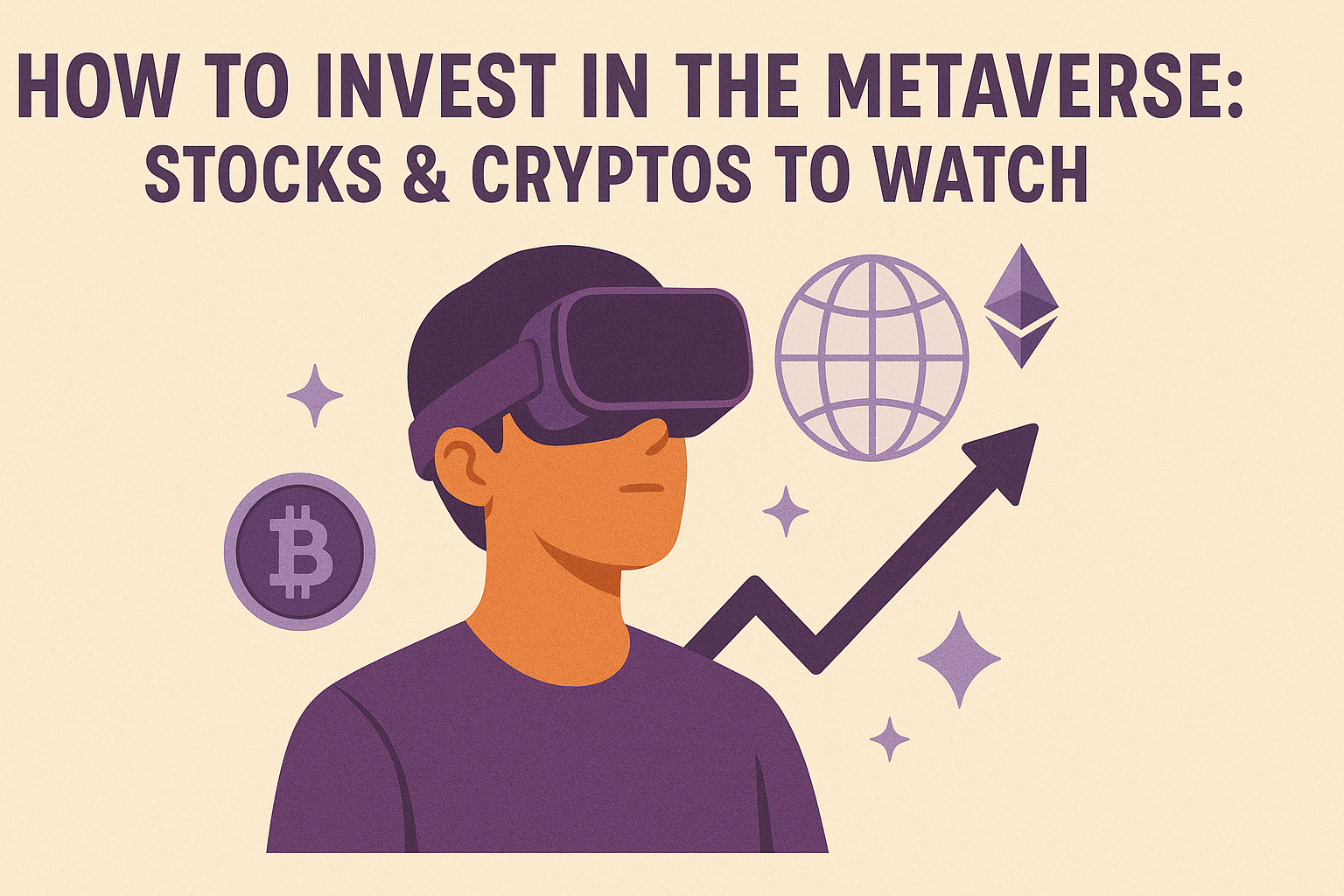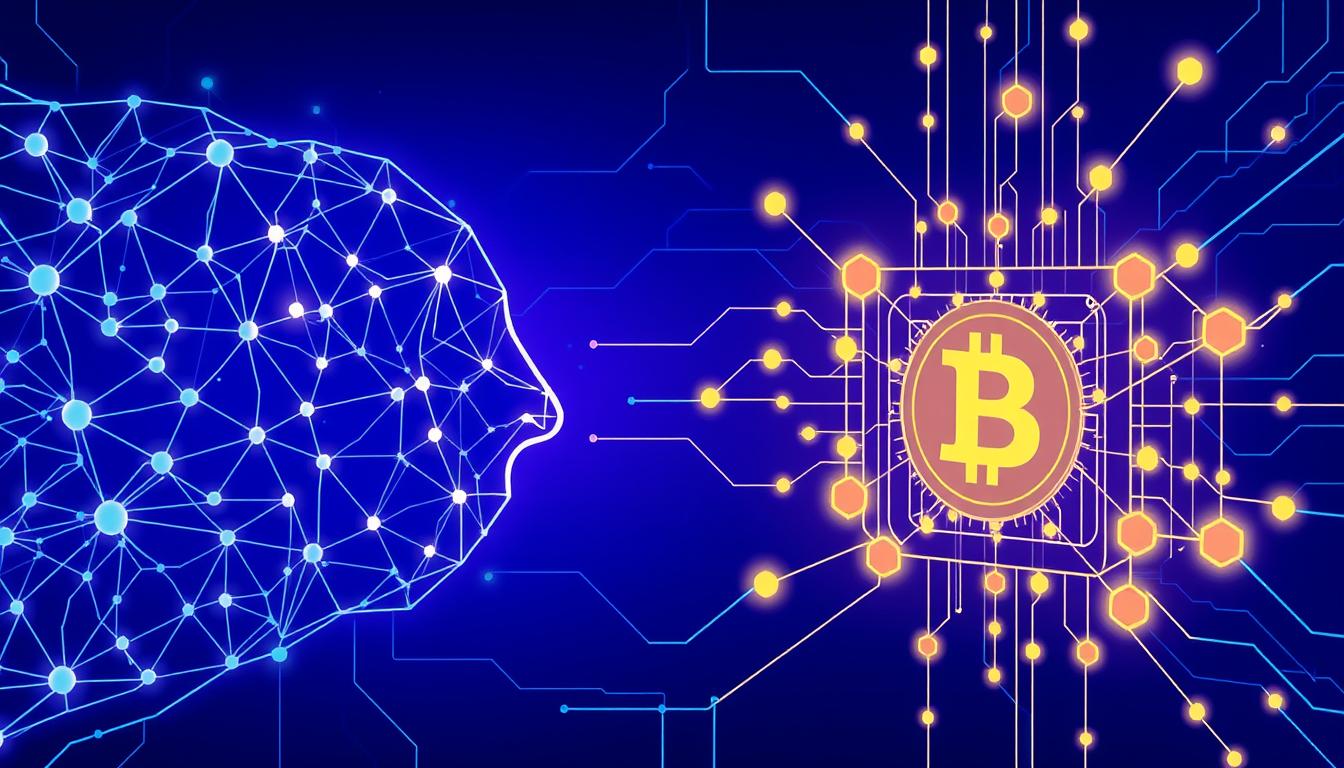How AI is Revolutionizing Healthcare: The Future of Medicine
Introduction
Artificial Intelligence (AI) is changing healthcare in big ways. It helps find diseases early and makes treatment plans just for you. AI makes healthcare faster, smarter, and more efficient.
But how is AI changing medicine? Are there risks? What’s the future?
In this article, we’ll explore:
✔ How AI is used in healthcare today
✔ Key benefits and challenges
✔ Real-world AI healthcare applications
✔ The future of AI in medicine
Let’s dive in!
How AI is Transforming Healthcare
AI uses machine learning (ML), natural language processing (NLP), and robotics to improve health outcomes. Here’s how:
1. Faster and More Accurate Diagnoses
AI tools analyze medical images (X-rays, MRIs, CT scans) faster than humans. They find diseases like:
Cancer (Google’s DeepMind detects breast cancer with 94% accuracy)
Stroke (AI predicts strokes before symptoms appear)
Diabetic retinopathy (AI scans eye images for early signs)
2. Personalized Medicine
AI looks at genetic data, lifestyle, and medical history to create customized treatment plans. For example:
IBM Watson helps oncologists recommend cancer treatments.
AI-driven drug discovery speeds up new medication development.
3. Robotic Surgery
AI-assisted robots do minimally invasive surgeries with higher precision than humans. Examples:
Da Vinci Surgical System (Used in prostate and heart surgeries)
Smart Tissue Autonomous Robot (STAR) (Performs sutures autonomously)
4. Virtual Health Assistants
AI chatbots like Ada Health and Symptomate give instant medical advice. They reduce hospital visits.
5. Predictive Analytics for Patient Care
Hospitals use AI to predict patient deterioration, preventing emergencies. Example:
Epic’s Deterioration Index flags at-risk patients in real time.
Key Benefits of AI in Healthcare
| Benefit | Impact |
|---|---|
| Early Disease Detection | AI spots diseases before symptoms appear |
| Reduced Medical Errors | Minimizes misdiagnosis and incorrect treatments |
| Cost Efficiency | Cuts healthcare costs through automation |
| 24/7 Patient Monitoring | Wearable AI devices track health continuously |
| Faster Drug Development | AI predicts drug effectiveness in months, not years |
Challenges and Risks of AI in Healthcare
Despite its benefits, AI in healthcare faces ethical, technical, and regulatory challenges:
1. Data Privacy Concerns
AI uses patient data, which raises worries about security breaches and misuse.
2. High Implementation Costs
Hospitals face expensive infrastructure needs to add AI systems.
3. Lack of Human Oversight
Too much AI could lead to misdiagnosis if algorithms fail.
4. Regulatory Hurdles
Governments find it hard to regulate AI medical tools without blocking innovation.
Real-World AI Healthcare Applications (2024)
| Application | Example | Impact |
|---|---|---|
| Radiology AI | Aidoc (Analyzes CT scans for strokes) | Reduces diagnosis time by 30% |
| AI Drug Discovery | BenevolentAI (Finds new drug compounds) | Speeds up research by 50% |
| Wearable AI | Apple Watch (Detects irregular heartbeats) | Prevents cardiac emergencies |
| AI Chatbots | Buoy Health (Symptom checker) | Reduces ER visits by 20% |
| Robot-Assisted Surgery | Da Vinci System | Improves surgical precision |
The Future of AI in Healthcare
By 2030, AI will:
✔ Replace 20% of routine doctor tasks (McKinsey Report)
✔ Cut global healthcare costs by $150 billion annually
✔ Enable fully autonomous robotic surgeries
Emerging trends include:
AI-powered nanobots for targeted drug delivery
Mental health AI therapists (Woebot, Wysa)
AI-driven genomics for personalized disease prevention
Final Verdict: Is AI the Future of Medicine?
AI is undeniably transforming healthcare, bringing faster diagnoses, personalized treatments, and cost savings. Yet, issues like data privacy, high costs, and regulatory issues persist.
Currently, AI works best as a doctor’s assistant, not a full replacement. As technology advances, AI could make healthcare more accessible, efficient, and precise, saving millions of lives.
FAQ
Q: Can AI replace doctors?
A: No—AI assists doctors but lacks human empathy and complex decision-making skills.
Q: Is AI in healthcare safe?
A: Mostly, but errors can happen. Human oversight is key.
Q: Which countries lead in AI healthcare?
A: USA, China, and the UK are at the forefront.
Q: How can patients benefit from AI?
A: Faster diagnoses, remote monitoring, and personalized care.
Conclusion
AI is revolutionizing healthcare, from diagnosing diseases earlier to performing life-saving surgeries. While challenges exist, the benefits are too significant to ignore.
The future of medicine is human + AI collaboration—where technology enhances, not replaces, the healing touch of doctors.
What do you think? Would you trust an AI doctor? Let us know in the comments!



